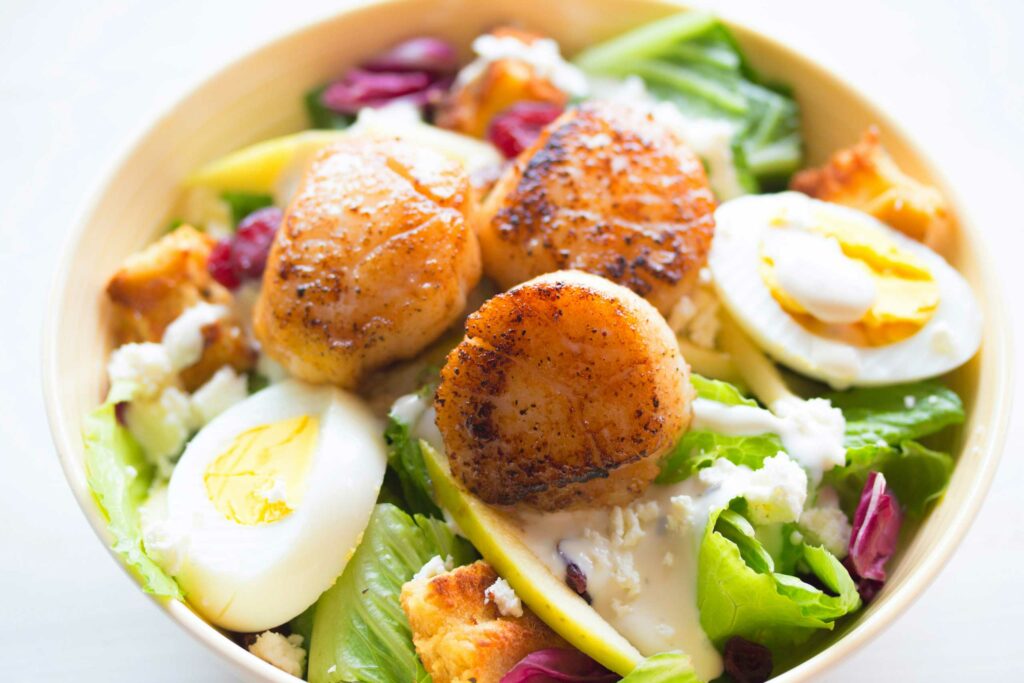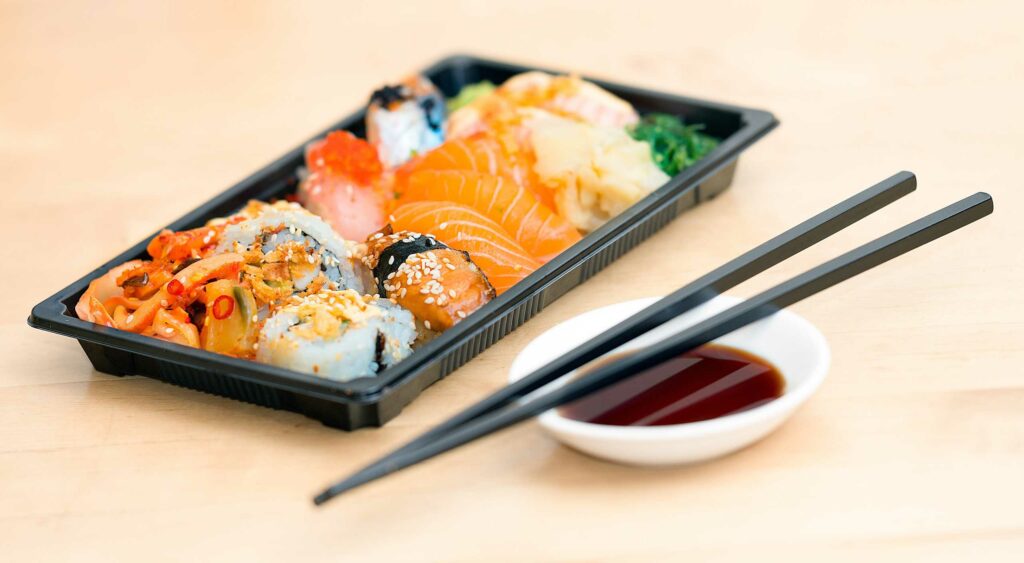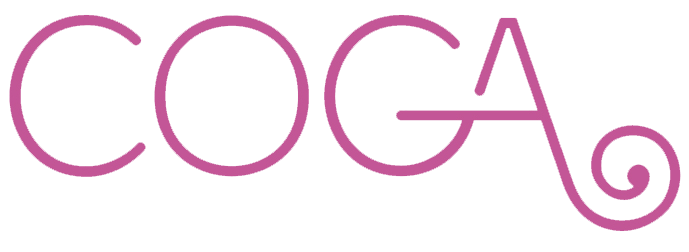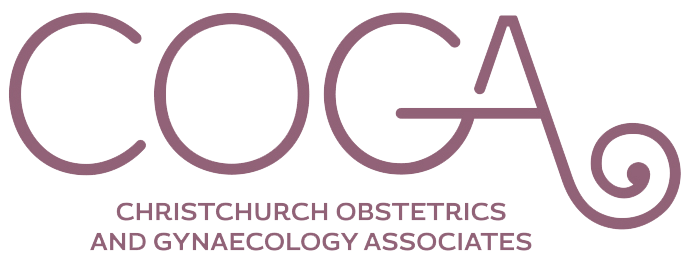How to get what you need, nutrition-wise
What should a healthy daily diet look like?
A Mediterranean diet includes:
- A rainbow of colourful vegetables and fruit for vitamins, antioxidants and fibre
- Regular consumption of nuts, seeds and olive oil for healthy fats
- Beans and legumes for plant protein, fibre, iron, and a host of good minerals such as folate, calcium, potassium, phosphorus, and zinc
- Choosing whole grain carbohydrates to lower cholesterol for heart health
- Eating seafood, dairy and chicken in moderation
- Reducing red meat and sugary snacks to the rare occasion
- Keeping processed foods to a minimum, including white carbohydrates, salty snacks and fried food

Eating to combat low energy levels

Women of a child bearing age often need high levels of iron in their diet due to blood loss from menstruation. Iron deficiency causes fatigue and can make it difficult to concentrate. Many women will be able to boost their iron levels by eating lean red meat, seafood, chicken, legumes and leafy green vegetables. Others may need to take a supplement prescribed by their dietician or doctor.
Eating plenty of colourful fruit and vegetables will help you to absorb iron from food – so combine your iron-rich protein source and/or your supplement with a side of salad or a couple of pieces of fruit to make sure that iron stays put.
At many different stages in a woman’s life, especially when trying to conceive or during pregnancy, it can be important to get regular blood tests to check iron levels. Some vegetarian or vegan diets contain less absorbable iron than those of meat eaters, making this particularly important for those on plant based diets. These tests will also determine whether other vitamins and minerals are low.
Sometimes, that sense of exhaustion you’re feeling can be a deficiency in B vitamins, which again can be boosted by following the Mediterranean diet. Certain cereals are fortified with B vitamins and iron, so this can also help to ensure you’re getting what you need – so long as you choose one that uses wholegrains and is low in sugar.
Eating to boost fertility

Most people are aware that limiting alcohol and caffeine is beneficial when you’re trying to conceive but doctors also recommend maintaining a healthy weight and keeping certain vitamins and minerals in check.
Oily fish is high in Omega-3 fats, which can help with fertility. Around two servings per week of salmon, sardines, tuna or mackerel will do the trick. If you don’t eat fish, try walnuts and flax or chia seeds. This will also contribute to protein consumption, which should be kept at a healthy level. Aim for a palm-sized helping of protein at each main meal.
Again, iron levels should be watched. While red meat is easily absorbable, it also contains saturated fat. Small, lean portions are good at around 1-2 servings per week. Don’t switch this out for processed meats though as these can be detrimental to fertility conditions and not so good for health overall.
Many New Zealand women are low in selenium, which is important for fertility. This can be easily sourced by eating a couple of brazil nuts daily, or through adding sesame seeds and sunflower seeds to your diet.
While most vitamins and minerals are best absorbed through your diet rather than in the form of a supplement, the exception is folic acid, which is essential during fertility treatment and in the first trimester of pregnancy. It’s a good idea to start taking folic acid as soon as you begin trying for pregnancy, and these supplements can be easily purchased in tablet form from the pharmacy or prescribed by your doctor.

